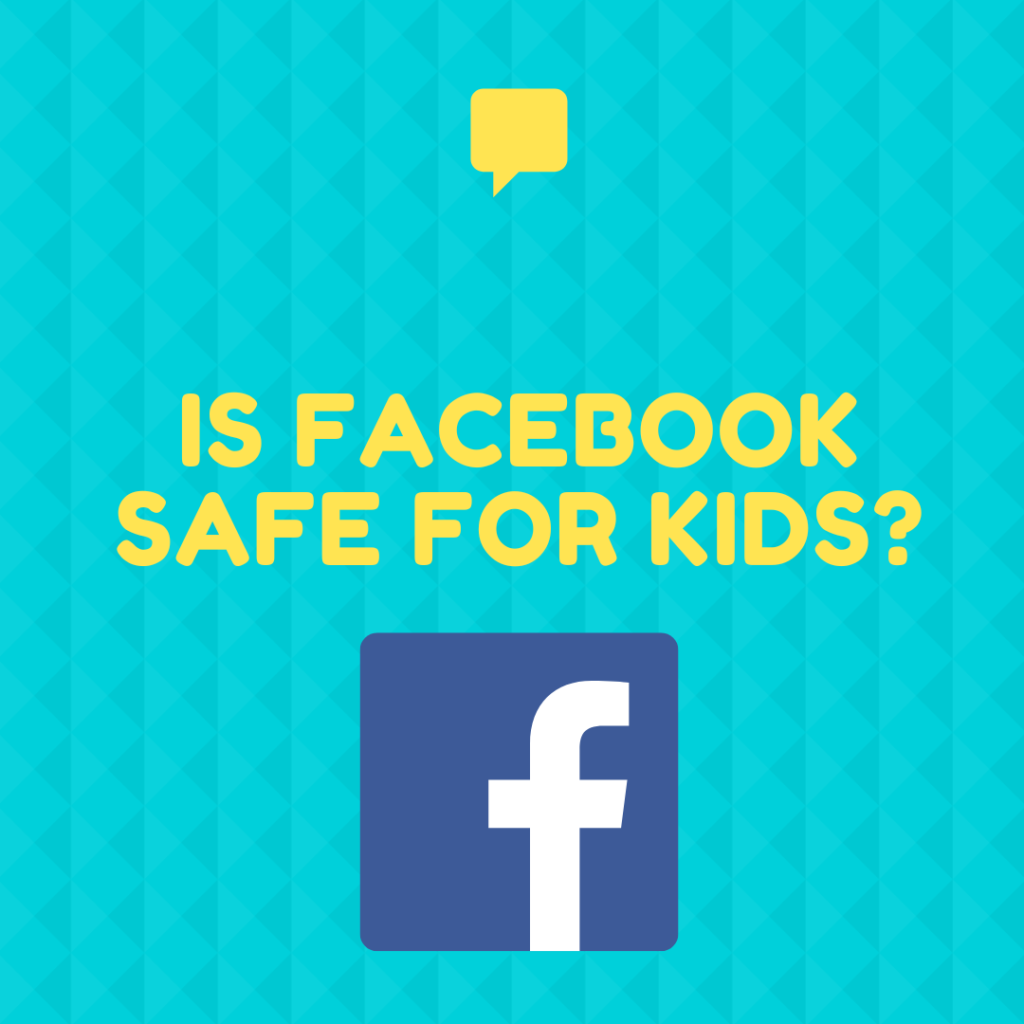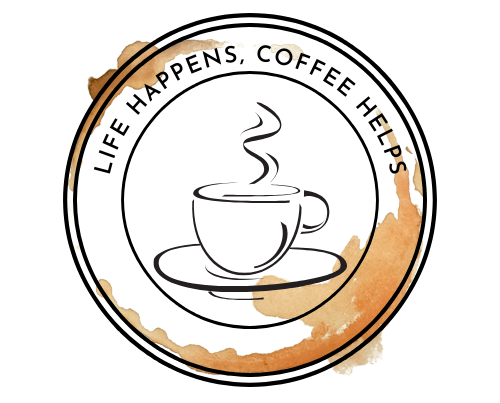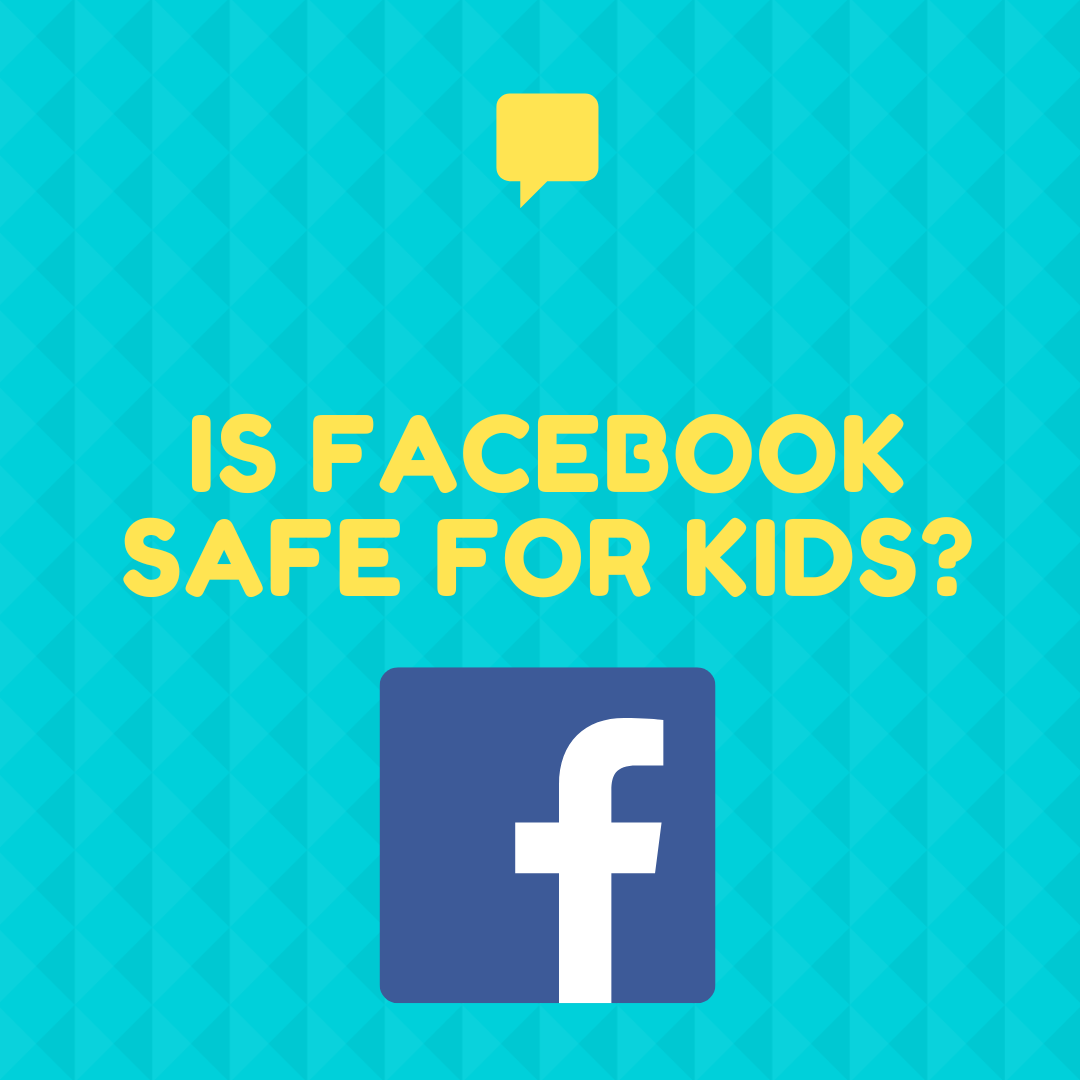
Is Facebook Safe for Kids?
The prevalence of social media in our culture today can largely be attributed to the creation and success of Facebook. While it wasn’t the first, having been superseded by MySpace, Facebook’s popularity grew to never-before-seen numbers. It now has a total population of three billion users today. With its high popularity, it may seem that virtually everyone you know has a Facebook profile. From Grandmas and Grandpas to nearly every online and brick-and-mortar business, you are missing out if you aren’t on Facebook. This popularity begs the question, is Facebook for kids? And if so, how do we keep them safe?
While only an estimated 33% of teens use Facebook today, many still have Facebook profiles for various reasons. They can connect with friends, visit a page for a local business, join a group based on their interests, and create a more composed and professional profile to help them get a job or admission to college. In any way that they are trying to appeal to the older demographic, teens turn to Facebook.
Although Facebook’s dangers don’t seem immediately pressing for teens since they likely spend more time on social media apps like Instagram, Snapchat, and TikTok, parents still need to consider the risks of allowing their teens to have a Facebook profile. The dangers of Facebook for kids will be fully explained here so you can protect your child.
Affiliate links are placed in this post for a program I use with my own children: Bark Parental Controls.
The dangers of Facebook:
- Risk of exposure to inappropriate content
- Potential for dangerous communication
- Features designed to addict users
- Weak parental controls
- Poor external internet links
Risk of Inappropriate Content
One of Facebook’s dangers that parents should be most concerned about is the accessibility of inappropriate or illicit content. As with typical social media platforms, the appeal is that users post their own content. However, Facebook is responsible for monitoring the content for mature, violent, and hurtful material. While Facebook has some restrictions, they can often be worked around by claiming the content is for artistic or awareness purposes.
Potential for Dangerous Communication
Another hugely present danger of Facebook is the potential for unwanted, inappropriate, or risky communication. Scammers, pedophiles, online predators, and hackers love Facebook for its access to literally billions of potential targets. Fake accounts are made and easily verified with an email account.
Online predators create pages, profiles, and even groups to make their business and enterprising efforts look legitimate. It can be difficult for adults, not to mention teens, to decide whether the person behind the profile is who they say they are.
Additionally, once they have access to your child’s profile, they can see who they are friends with, what groups they belong to, and message them on the Messenger app. Facebook even allows strangers to message each other. This feature is one of the biggest reasons Facebook for kids is not a safe idea.
Features Designed to Addict Users
How often has your Facebook feed shown you something you recently talked about? Tell a friend that you are dying to explore Greece, and you’ll see several ads in your feed about traveling to the Greek Islands that same day. Your phone is always listening, and Facebook’s algorithms are tuned in to keep you hooked on their app.
Facebook is consumer-driven and wants to be your place to get all the information you need. It makes money by charging advertisers for ads. The more you click, the more money it makes. From a constantly refreshing feed to getting users hooked through the external validation of likes and comments, it wants you coming back for more. These addictive features can easily lead to excessive screen time for your kids.
Weak Parental Controls
The parental controls offered by Facebook are limited and easily manipulated by kids. You can restrict mature content and who your child can communicate with; however, you would have to continually check your child’s account to ensure these controls have stayed in place and have not been changed by your child.
Bark can help you navigate the dangers of Facebook by monitoring messages for inappropriate, violent and sexual content and alerting you immediately.
Poor External Internet Links
Facebook’s mission is to connect consumers with businesses. It does not care if that business is morally intact. Many inappropriate, scamming links on Facebook leave the consumer vulnerable to identity theft and the crimes of con artists.
The Facebook app includes an internal internet server. Any links you click on Facebook take the user to the Facebook server, not the internet app on their phone (like Safari, Google Chrome, or Microsoft Explorer). This backdoor allows teens to circumvent any restrictions you placed on their web browsers. It opens up a world of inappropriate content you won’t know they are viewing.
When deciding if Facebook for kids is a good idea, you must consider these specific dangers. While your child can create a profile that will help them interact with potential employers and college admissions representatives, they can also be exposed to the dangers of Facebook.
Bark allows your child to use Facebook with proper safeguards in place. The parental controls in the bark app mean you can pick settings that protect your child and keep peace of mind. Additionally, your child will be extra protected by Bark’s ability to monitor messages for mature, sexual, and violent content and alert you right away.
The web is a dangerous and addictive place. Facebook is a classic example of how these dangers can reach your child. When you are ready to allow your child to use social media, consider using Bark’s support. With this help you will protect your child’s innocence and identity from the dangers of Facebook.

